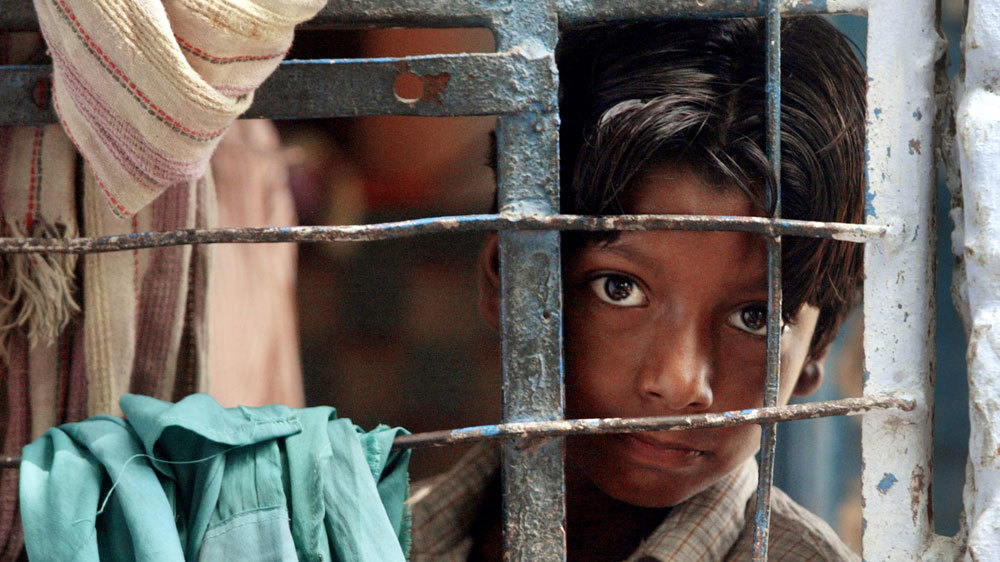The study also revealed that around 57 percent of the children living on the streets of cities in Odisha were deprived of free and compulsory education during the pandemic.
The COVID-19 pandemic has impacted education worldwide and amplified the global learning crisis that already existed. In response to the pandemic, the education systems have been forced to rapidly implement innovations in order to make remote learning possible. But with innovations and technology, there comes a disadvantage that not everyone can afford it. The pandemic changed almost everything, but what escapes from our site is that how has it been for people belonging to the underprivileged section.
Recently, according to an assessment conducted by the Odisha State Commission Protection of Child Rights (OSCPCR), UNICEF, and the Odisha chapter of Save the Children organisation, it has been revealed that around 57 percent of the children living on the streets of cities in Odisha were deprived of free and compulsory education given by the government to them during the pandemic.
Also, the report revealed that during the pandemic almost 17 percent of the children were living in locations that were unsafe. Most children were therefore even exposed to exploitation in varied kinds.
What did the evaluation suggest?
The evaluation was carried out on 972 children who are residing on the streets of Odisha’s five cities— Bhubaneswar, Cuttack, Rourkela, Berhampur, and Puri. Further, studying the quantitative survey, it was later disclosed that almost 47 percent of the young children have been living, residing, and surviving in the same location for more than five years, however, no action was taken by the government to either recognise them or rehabilitate them to a better location.
The survey was done in order to analyse the impact of the pandemic on the income of the families living on the streets of Odisha. The evaluation majorly focussed on the children whose family income lies between Rs. 5,000 to 10,000. Also, the team behind the survey even focussed on the fact that the earnings of the families of these children were severely impacted by the pandemic as the source of income of these families ranged from daily wage contractual labour, rag-picking, begging, working as domestic help or as street vendors.
The main motive behind carrying out the survey was to study, understand and acknowledge the status of children who reside on the streets either with their parents or with their relatives during the pandemic. The stats gained from the survey will also be provided to the state government of Orrisa so that appropriate measures can be taken on the policy level as well to provide help to these children living on the streets.
Other findings:
The survey even checked the amount of awareness regarding the COVID-19 pandemic amongst the children living on the streets. Surprisingly, it was found that 87 percent of children living on the streets who were deprived of education were aware of COVID-19 and precautions that one must take to ensure safety.
Another factor that the survey touched upon was that around 66 percent of the families surveyed were having no access to free ration and were having no ration cards. Also, the survey revealed that 37 percent of the children surveyed were suffering from a lack of proper nourishment.

